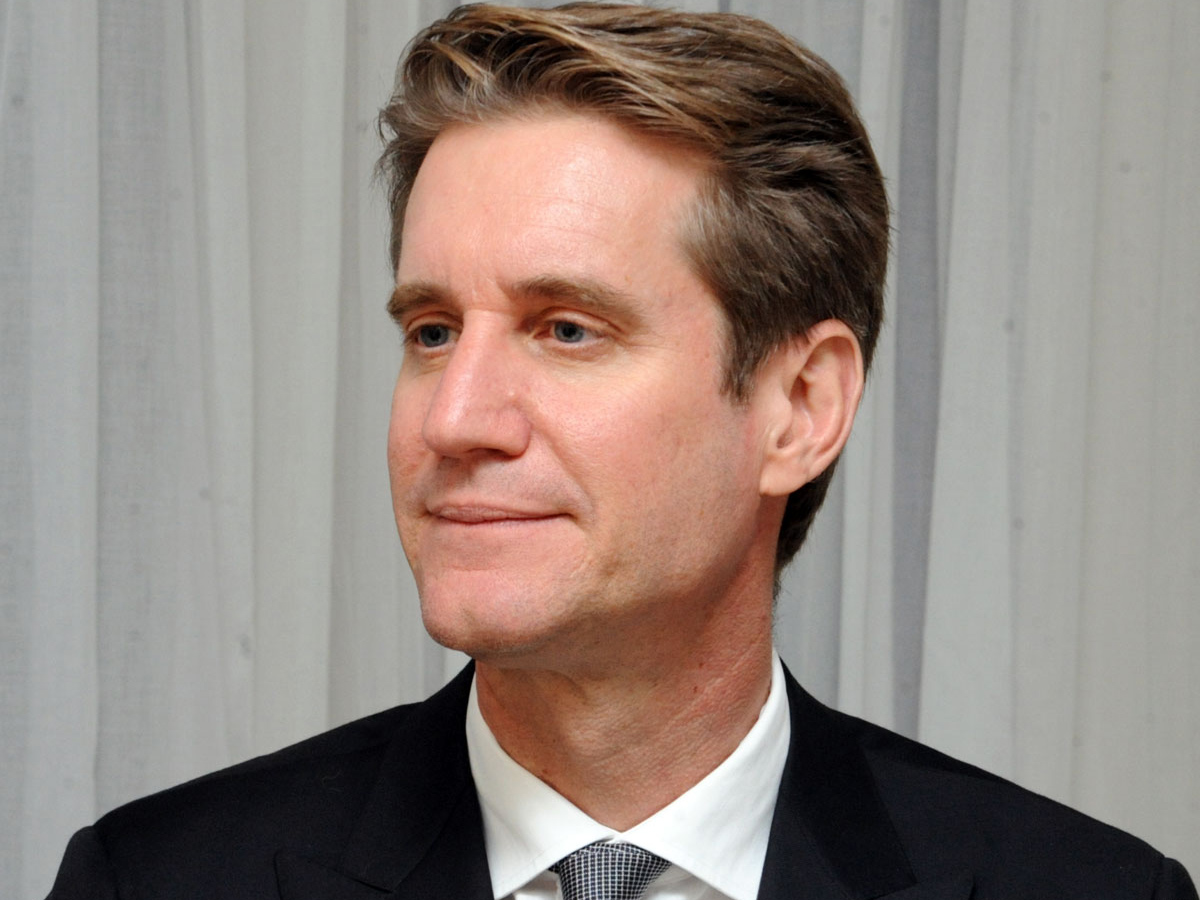Baku, Azerbaijan, Dec. 22
By Anakhanum Khidayatova - Trend:
There is no real significant movement forward as a result of the Azerbaijani and Armenian presidents' meeting in Bern, Matthew Bryza, former US assistant secretary for South Caucasus and former US ambassador to Azerbaijan, told Trend Dec. 22.
"The tension remains high, no new proposals," he said. "But it is very good that they meet, the more they meet in general, then better."
Azerbaijani President Ilham Aliyev and Armenian President Serzh Sargsyan met in Bern Dec. 19. The co-chairs of the OSCE Minsk Group and the OSCE chairperson-in-office personal representative were also in Bern for the presidents' meeting.
"It is good for the two presidents to talk," Bryza said. "It is very difficult for them to make a breakthrough. They need help from the OSCE Minsk Group co-chairing countries."
While commenting on the recent meeting of the US co-chairman of the OSCE Minsk Group James Warlick with the "foreign minister" of the separatist regime established in the territory of Nagorno-Karabakh region of Azerbaijan occupied by Armenia, Bryza said that the co-chairmen always meet with the de facto "authorities" of Nagorno-Karabakh, when they visit the region.
"On one hand it is completely normal for the co - chairs to meet with officials of Nagorno - Karabakh, that what happens when co - chairs goes to Khankendi," he said. "That's what happens in principle normal for Ambassador Warlick to meet with those officials in Nagorno -Karabakh. In Washington it is a much different story. But I would never do that when I was a co -chair. I wouldn't meet with senior Karabakh officials in Washington. I would afraid if I did that I would send a wrong signal, that maybe U.S. politically or legally recognizes Nagorno-Karabakh."
"I know Ambassador Warlick very well," he said. "He is not pro - Armenian or pro-Azerbaijani. It means he made a judgment you may disagree with."
Azerbaijan sent a note of protest to the US in connection with Ambassador Warlick's meeting with the "foreign minister" of the separatist regime.
Earlier, Warlick attended an event dedicated to the separatist regime created on Azerbaijan's occupied lands and met with the representative of this regime Karen Mirzoyan.
The conflict between the two South Caucasus countries began in 1988 when Armenia made territorial claims against Azerbaijan. As a result of the ensuing war, in 1992 Armenian armed forces occupied 20 percent of Azerbaijan, including the Nagorno-Karabakh region and seven surrounding districts.
The two countries signed a ceasefire agreement in 1994. The co-chairs of the OSCE Minsk Group, Russia, France and the US are currently holding peace negotiations.
Armenia has not yet implemented the UN Security Council's four resolutions on the liberation of the Nagorno-Karabakh and the surrounding regions.






